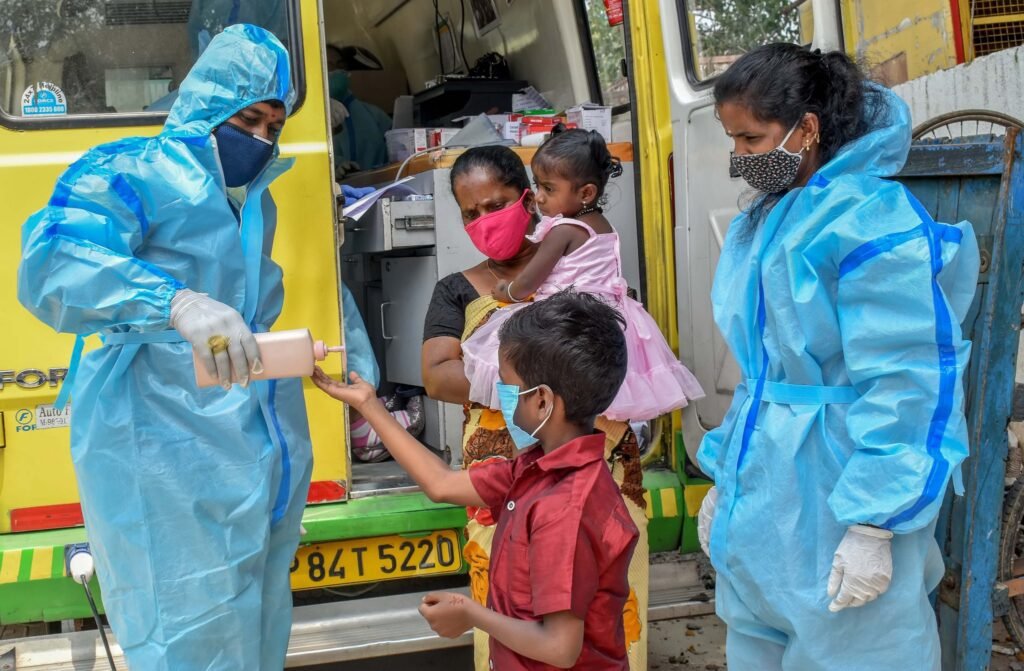Rising Concerns Over Healthcare Access in Kamusenene Village
Residents of Kamusenene Village in Bukuya Subcounty, Kasanda District, are increasingly concerned about the deteriorating state of healthcare services in their community. The lack of major health facilities and insufficient medical care have become a pressing issue, with many residents struggling to access even basic healthcare.
Challenges Faced by Vulnerable Groups
Elderly individuals, expectant mothers, and children are particularly affected by this crisis. These groups often find themselves traveling long distances to reach medical facilities, which not only increases the cost of treatment but also poses significant risks to their health. Angella Nalukwago, a local resident who recently sought medical treatment in the camp, expressed her frustration with the situation. She highlighted that even government hospitals face shortages of essential medicines, making it difficult for patients to receive proper care.
“The healthcare services here are inadequate, yet even in government hospitals, there is no medicine,” she said. “You reach the hospital and still have to pay for every medical treatment. We pray that they construct a big hospital here so that we can access medical care easily.”
Inadequate Infrastructure and Transport Issues
The problem is further exacerbated by poor road conditions and limited transport options. Patients are often forced to rely on expensive motorcycle taxis (boda bodas) to reach Bukuya Health Center IV or other medical facilities outside their subcounty. This not only adds to the financial burden but also delays timely treatment, putting vulnerable lives at greater risk.
Community Response and Medical Outreach
In response to the growing crisis, Imanimilele, a local charity organization, partnered with district leaders to organize a one-week medical camp in Kamusenene. The event provided free medical consultations, treatments, and health education sessions to more than 2,000 residents. This initiative aimed to address some of the immediate healthcare needs of the community and raise awareness about preventive care.
Dr. Mwesigwa Abraham from Kiruddu National Referral Hospital emphasized the importance of regular outreach programs and the establishment of well-equipped health centers in rural communities. He noted that non-communicable diseases and child malnutrition remain significant health challenges in the area. “We are seeing high cases of non-communicable diseases and malnutrition among children, which is worrying,” he said. “This calls for continuous medical outreach programs and the construction of well-stocked health centers in such rural areas.”
Government Action and Calls for Improvement
The concerns raised by Kamusenene residents have not gone unnoticed. Phoebe Namulindwa, the Presidential Representative in Kasanda District, has directed district health authorities to take immediate action. “It is unacceptable for any community to suffer without access to healthcare,” she said. “I have tasked the district health department to move quickly and do community outreaches to provide necessary services to the people of Kasenene.”
Broader Implications for Rural Healthcare
The situation in Kamusenene reflects a larger challenge faced by many rural communities across Uganda. Severe shortages of medical personnel, poorly equipped facilities, and long distances to hospitals continue to hinder access to quality healthcare. Health experts and community leaders are urging the government and development partners to prioritize rural healthcare infrastructure and bring essential services closer to the people.
Conclusion
As the demand for better healthcare services grows, it is clear that urgent action is needed to address the systemic issues affecting rural areas. The efforts of local organizations and the attention from government representatives offer a glimmer of hope, but sustained investment and commitment will be essential to ensure that all communities have access to the care they need.

